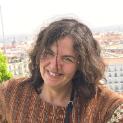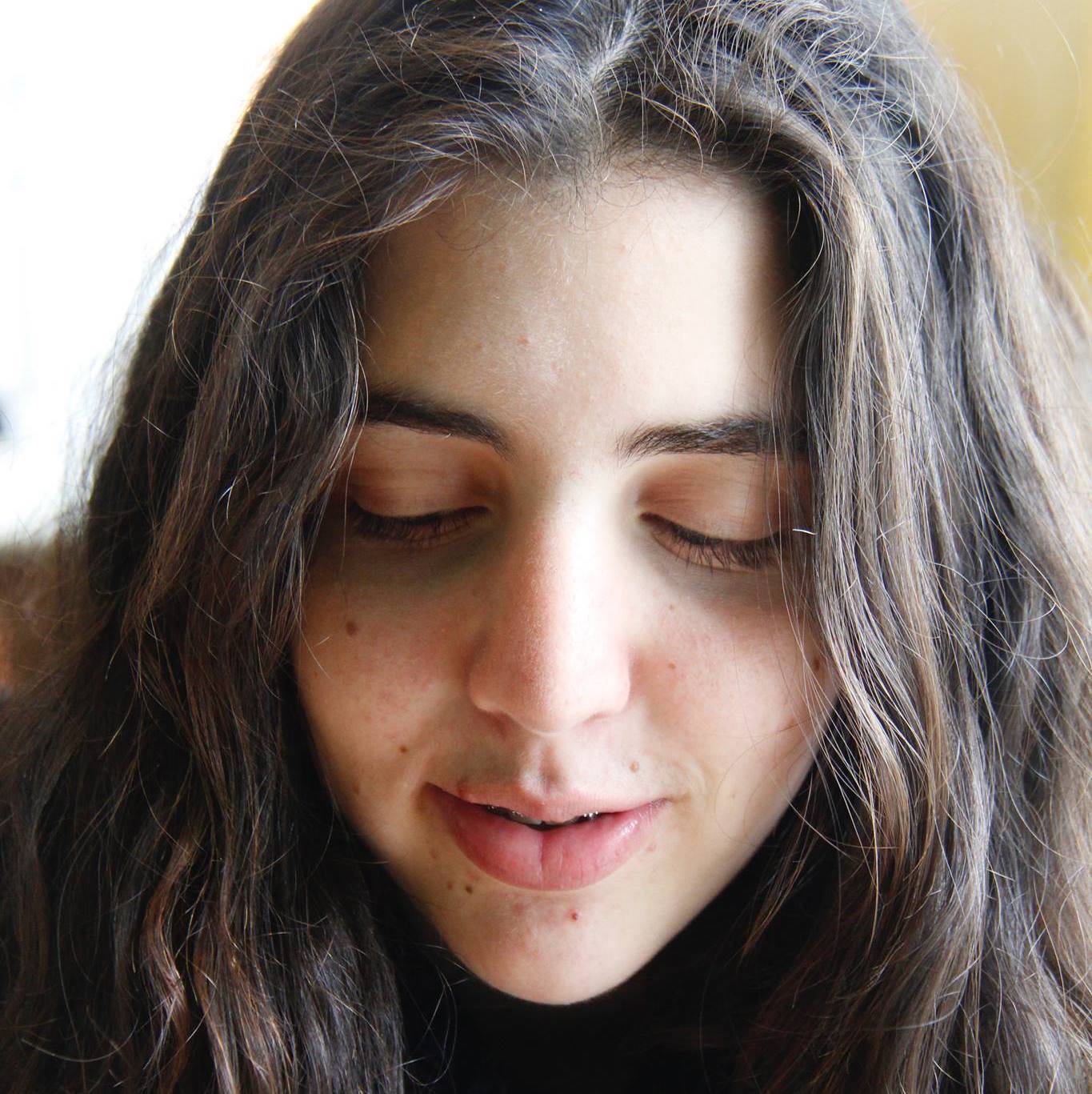Maria Helena Martinho is Assistant Professor at the Education Institute of the University of Minho, and a senior researcher at CIEd, the corresponding Education Research Center, of which she was Deputy director from 2010 to 2012.
She is President of Sociedade Portuguesa de Investigação em Educação Matemática (SPIEM).
From June 2019 to February 2023 she was Director of Revista Portuguesa de Educação, serving currently as its Vice Director. She also belongs to the Editorial Board of Quadrante (Journal of Research in Mathematical Education), of which she was Vice Director from 2012 to 2015.
Maria Helena Martinho holds a PhD in Didactics of Mathematics from the University of Lisbon (2007). Her thesis on “Communication in the Mathematics classroom: A collaborative project with three teachers of Basic Education” is among the initial research works in this area in Portugal and inspired further developments. Her main research interests include mathematical communication, mathematical literacy, mathematical reasoning, mathematics’ argument, teachers' practices, and collaborative work. She has published in all of these areas, served in several PC and OC of international conferences, and edited 3 books and more than 10 conference proceedings. She supervised several PhD students (7 concluded, 7 on-going) and more than 50 MSc dissertations in Mathematics Education, with emphasis on communication, argumentation and teaching practices.
From 2014 to 2015 she coordinated a FCT-funded project on “Content area literacies: Features and challenges for more engagement and learning” (EXPL/MHC-CED/0645/2013). She was part of several national and international research projects, including the EU-funded BaCuLit project (LLP-2010-DECOMENIUS-CMP) on “Basic Curriculum for Teachers' In-service Training in Content Area Literacy in Secondary Schools”, and a bilateral cooperation with Brazil supported by CAPES.
She collaborates regularly with Governments and international partnerships on innovating educational practices in Mathematics. In particular, she served in the Monitoring Committee for two measures of the Action Plan of Mathematics (PAM): the Mathematics Plan II (PMII) and the management of the New Basic Education Mathematics Program (NPMEB), from 2009 to 2012. She also collaborated in several curricular projects in different developing countries, namely, “Basic Education 3rd Cycle Curriculum Development” (East Timor), and the “Curriculum Reform of Basic Education” (RECEB) through the Ministry of National Education of the Republic of Guinea-Bissau. In this context, she published a book on “Geometria e Sentido Espacial” (2018), an edition supported by Fundação Calouste Gulbenkian. Maria Helena Martinho was the Director of Studies for the Master's Degree in Mathematics Teaching in the 3rd Cycle of Basic Education and Secondary Education at the University of Minho for a decade, and is currently the coordinator of the Mathematics Education specialization in the PhD Programme in Education Sciences.
Besides her normal teaching duties at UMinho, she lectured in MSc degrees at the Pedagogical University, Maputo (on “Didactics of Descriptive Geometry”), the National University of Timor-Leste (several courses on “Didactics of Mathematics”), and Instituto Superior de Ciências de Educação de Benguela, Angola (several courses on "Mathematics teaching methodology"). Moreover, she has an extensive record of collaboration in continuing teachers’ education programmes in Portugal, Guinea-Bissau and Brazil. As part of outreach activities, Maria Helena Martinho published “M. C. Escher: Arte e Matemática” (APM, 1998), and coordinated an itinerant exhibition on the work of M. C. Escher and its mathematical implications which since then, for more than two decades, has been circulating among different schools nation-wide. From 2014 to 2016 she served as Vice-President of APM, the Association of Mathematics Teachers.
I regard my research as a contribution to a more effective, inclusive and challenging way of teaching Mathematics, in partnership with teachers, based on the concreteness of their experiences in schools. It spans different topics in a clearly defined domain of Mathematics Education: communication and its interaction with teaching-learning processes in mathematics, with a privileged center on the teachers’ perspective. I expect it to have concrete implications for teachers’ training and the quality of professional practices in Education.
.
mhm AT ie.uminho.pt

+351 253604271 (direct)




